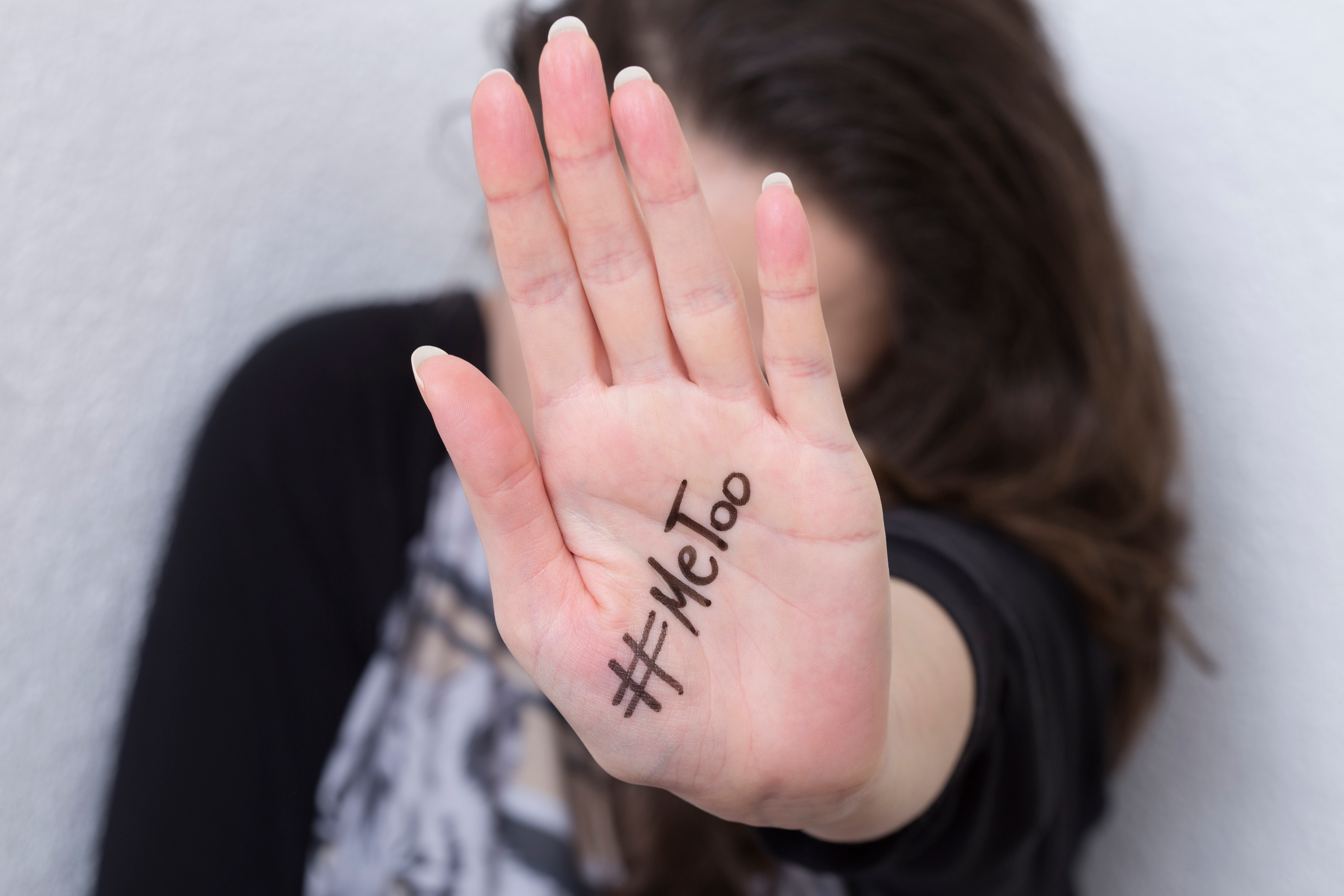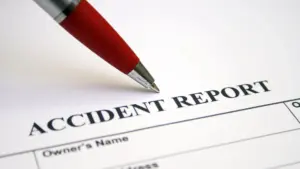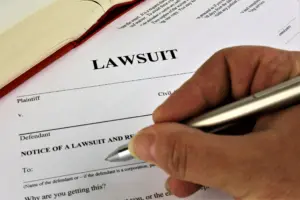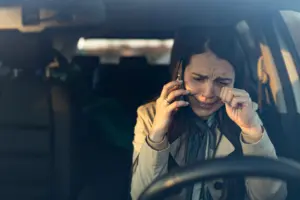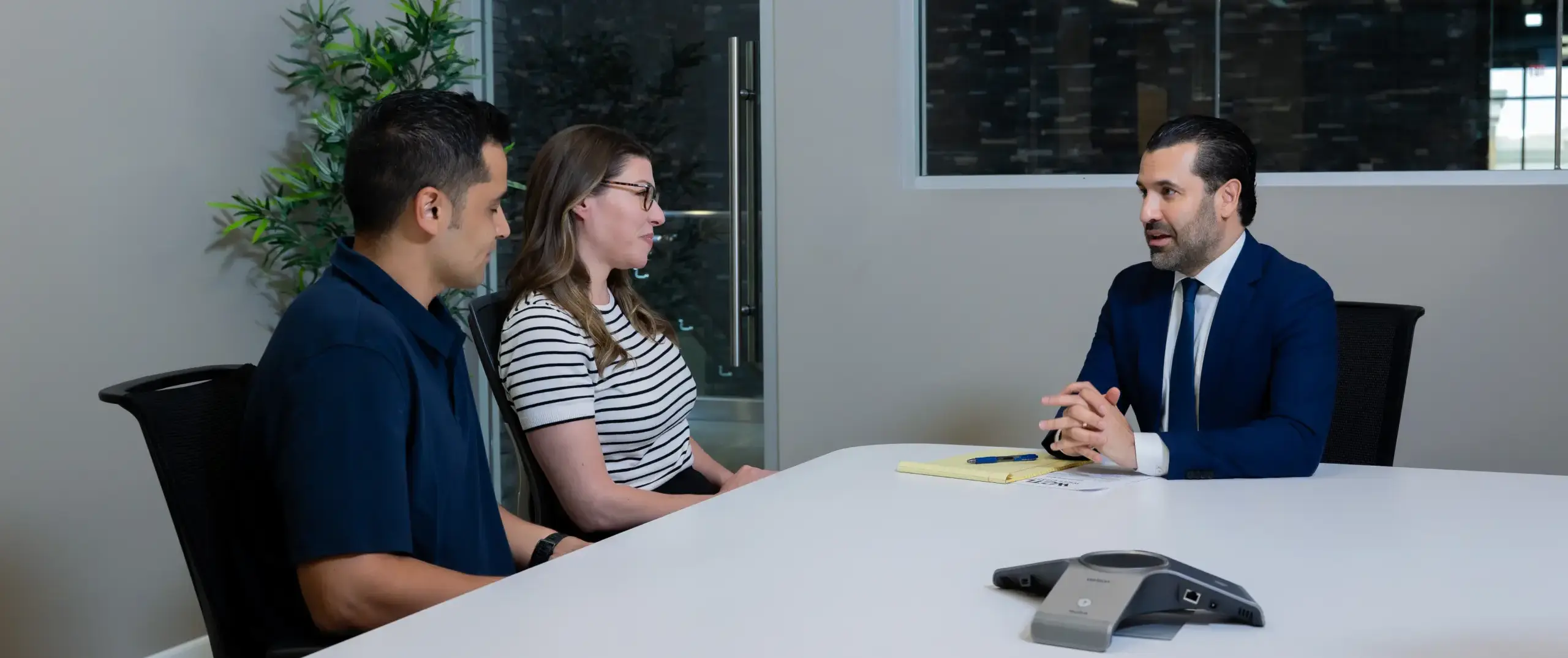You didn’t cause this, and you don’t have to go through it alone. This page is meant to be a guide you can read at your own pace. It covers what you might choose to do now or later, who you can contact for confidential support, and how a civil claim could help with the costs of healing.
If you were a victim of sexual assault while using Uber or Lyft services, you are entitled to file a personal injury claim against the party at-fault for damages. At West Coast Trial Lawyers, our experienced rideshare attorneys have decades of legal experience in handling personal injury cases. With our track record of acquiring more than $1.7 billion in settlements for our clients, we are confident that we will get you the compensation and justice you deserve.
We offer free, no-obligation consultations. To get started on the process of filing a claim, you may contact our 24/7 legal team by calling (213) 927-3700 or filling out our quick contact form.
First: You’re Not Alone and You Have Options

Right after an assault, it’s common to feel shock, numbness, anger, fear, or all of the above.. If you want immediate help, 911 is available in an emergency. If speaking out loud feels difficult, some counties support Text-to-911. You can also talk to a confidential advocate any time through RAINN (1-800-656-4673) or live chat at rainn.org.
In Los Angeles, Peace Over Violence and the Rape Treatment Center in Santa Monica provide crisis lines, medical accompaniment, and counseling.
If you have the bandwidth to think about legal or insurance steps later, we’ll outline those too. You do not have to make every decision today.
What To Do Now (and What Can Wait Until You’re Ready)
One helpful way to think about next steps is to separate safety, health, documentation, and reporting. You can do only one of these right now and come back to the rest. You can also ask a trusted person to help with calls, appointments, or saving information in your phone.
- Safety– If you can leave the vehicle, go somewhere public and well-lit like a store, hotel lobby, or gas station. Call someone you trust, and if it helps, share your live location. Both Uber and Lyft have an in-app emergency button that can connect you with 911 and transmit your location if you’re still in the car and need immediate help. If you’re unsure how to set up the apps’ safety features for the future, this practical piece may be useful:
- Health- Even if you don’t see visible injuries, a medical visit can address urgent concerns (injury care, pregnancy prevention, STI medication) and, if you want it, a forensic exam (often called a rape kit). If possible, try not to shower or change clothes before an exam. If you’ve already changed, place clothing in a paper bag (not plastic) to preserve potential evidence. You can request an exam with or without a police report, including “Jane/John Doe” exams in some areas.
- Documentation- When you’re ready, try to preserve what you can: screenshots of the trip receipt, driver or rider profile, time stamps, license plate, and any in-app messages. If there were nearby cameras (storefronts, parking lots), make a note to ask for footage soon—many systems automatically overwrite within days. We have a step-by-step guide on preserving video evidence here.
- Reporting- You get to decide if and when to report to law enforcement or to the rideshare platform. Some survivors report right away. Others speak with an advocate, a doctor, or an attorney first. There isn’t a wrong order. If you do decide to make a police report, this resource explains how to request a copy later
A Step-by-Step Plan You Can Follow (or Save for Later)
Step 1: Get Somewhere Safe and Breathe
If you’re still in the car, ask to stop at a public place and get somewhere safe. In addition, try to call or message a person you trust and let them know where you are. However, if the situation is urgent, then it is highly urged to use the app’s emergency feature or dial 911 and try to give first responders as much information as possible so they can arrive to give you assistance.
Step 2: Consider Medical Care
In the event of a sexual assault, it is recommended to visit a hospital or clinic to treat any injuries and discuss a forensic exam, should you wish to file a claim against the one responsible. If you’re not ready to report to police, you may still have options for an exam, however, it is highly recommended to ask the nurse or advocate on duty what’s available in your county and learn what are your options on how to move forward.
Step 3: Save What You Can from the App and Your Phone
Take screenshots of the trip details, messages, and the driver’s or rider’s profile. If you already changed clothes, place them in a paper bag. When you feel ready, write down what you remember—time, place, what was said, any details that stand out. Memory fades quickly when we’re under stress; notes made soon after can help later, even if you decide not to take legal action.
Step 4: Decide About Reporting to Police, the Platform, or Both
Reporting to Uber or Lyft creates a record and may lead to the offender being removed from the platform. A police report can open a criminal investigation. You can choose either, both, or neither. If you’d like to talk through pros and cons first, an advocate or trauma-informed attorney can walk you through it.
Step 5: Think About Your Digital Footprint
Many survivors tell friends online or post to warn others. That instinct is completely understandable. Just keep in mind that insurance companies and defense attorneys sometimes use social media posts out of context. If you want to protect your options, this quick guide is worth reading.
Step 6: When You’re Ready, Consider a Legal Consultation
A civil claim can’t undo what happened, but it can help cover therapy, medical care, lost income, and other losses. A lawyer can also send hold letters to Uber or Lyft to preserve trip data and communications. If your assault also involved a crash or physical injuries in a moving vehicle, you may find these explainers useful:
If It Starts During the Ride
If harassment or assault begins in the moment, do what feels safest. Some survivors find it grounding to use direct language: “Stop. Do not touch me.” If you can, request to exit at a public place. Use the app’s emergency feature or call 911 if you’re in danger. After you’re safe, save the trip details and messages. If there were passengers who witnessed what happened, jot down anything you remember about them. This FAQ page covers a lot of the “what next?” questions survivors and passengers often have.
How Lawsuits Work in Uber & Lyft Sexual Assault Cases
Criminal and civil cases are different. A criminal case is brought by the government to punish a crime; the standard of proof is high, and you may or may not want to participate. A civil case is about compensation for harms: therapy and medical care, lost wages, future treatment, and the pain and disruption you’ve been living with.
In a civil claim, you can sue the assailant directly. Depending on the facts, you may also have claims against Uber or Lyft (for example, negligent hiring, retention, or supervision; inadequate safety practices; or a failure to act on prior warnings). Classification debates about drivers (employee vs. independent contractor) don’t automatically mean there’s no responsibility at the company level; your facts and the platform’s policies matter. A lawyer can send hold letters quickly to preserve app data, route logs, and communications, which can be crucial. For a broad look at how rideshare claims differ from traditional auto claims, this explainer is helpful too.
If your situation also involved a collision or a sudden stop that caused physical injury, these guides walk through the practical steps after a rideshare incident:
- Immediate steps in California rideshare accidents
- Common questions about Uber claims
Every case has deadlines called statutes of limitations. Some extensions and special rules may apply to sexual assault survivors, but it’s still wise to speak with counsel as soon as you’re ready to protect yourself, even if you’re not ready to make decisions.
A Few Words About Emotion, Memory, and Control
You might find your memory coming back in fragments. That’s normal after trauma; the brain prioritizes survival over perfect recording. Grounding techniques like slow breathing, a glass of water, naming five things you can see can help your nervous system settle. You can pause this process and come back later. You can bring someone to appointments. You can also ask professionals to explain what will happen before anything moves forward. You can say yes to some steps and no to others. The point is: you have choices.
If you want a simple, printable list for later, here are the core ideas in brief:
- Get to a public place and call someone you trust.
- Consider medical care—for health needs now and evidence if you want it.
- Save trip details, messages, and anything that might be evidence.
- Decide about reporting (police, platform, both, or neither right now).
- Be careful with social posts if you want to preserve legal options.
- When ready, talk with a trauma-informed lawyer about civil pathways.
For broader context about liability and how fault can be shared or disputed in rideshare settings, this breakdown is straightforward
Why Choose West Coast Trial Lawyers
Our attorneys know contacting a law firm after trauma can feel like trying to move mountains. But our promise is simple: You will be heard. We’re here to listen and help you step by step. With our help we can preserve evidence, and handle communication with the platform and insurers so you don’t have to. If you decide to move forward, we pursue the resources you need for care and stability.
- Over $1.7 billion recovered for clients
- 20+ years of combined experience
- Recognized by Super Lawyers, The National Trial Lawyers Top 100, Million Dollar Advocates Forum, and Expertise.com
- No upfront costs and no fee unless we win
If and when you’re ready to talk, we’re here for you! Call (213) 927-3700 or reach us through our secure contact form on our site. If now isn’t the right time, you can bookmark this page and come back later.
